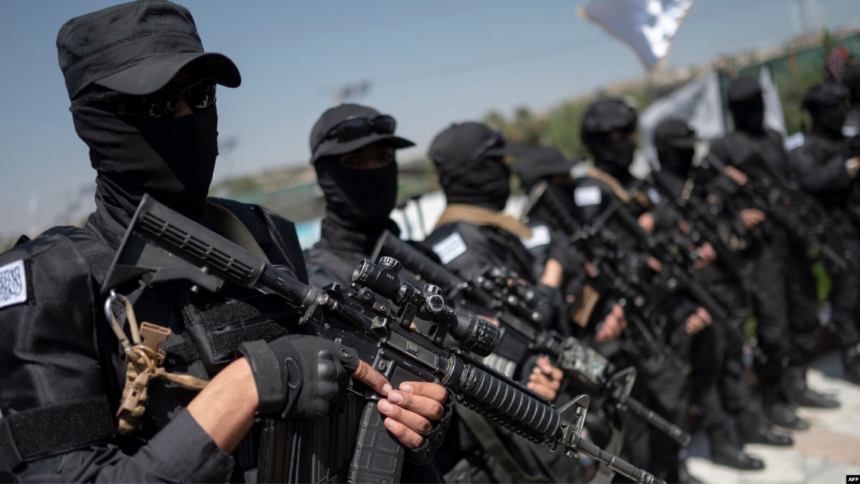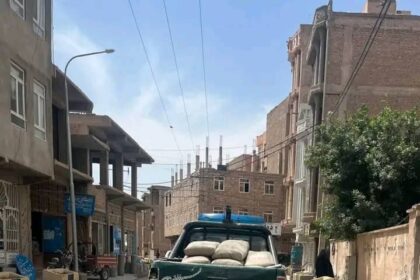RASC News Agency: A newly disclosed report by the Special Inspector General for Afghanistan Reconstruction (SIGAR), cited by the Washington Free Beacon, has revealed a deeply troubling development: the Taliban amassed approximately $3.4 billion in revenue over the past fiscal year alone. This dramatic surge in income has prompted urgent concerns among global security institutions and humanitarian watchdogs about the regime’s financial infrastructure and its implications for regional stability. Alongside this revelation, experts have renewed alarm over the widespread distribution of sophisticated American-made weapons left behind following the abrupt and uncoordinated U.S. military withdrawal in 2021 which have now reportedly found their way into the hands of extremist and transnational terrorist groups. Analysts have drawn parallels between this growing arsenal and the prelude to the September 11 attacks, warning of a dangerously similar build-up of militant capacity within Afghanistan.
Afghanistan, under Taliban rule, has increasingly become a sanctuary for jihadist groups with regional and global aspirations. Intelligence and security analysts argue that either the Taliban lacks the institutional capacity to rein in these groups, or it is actively collaborating with them as part of a broader ideological alignment. The reconstitution of al-Qaeda’s networks, bolstered by American military hardware and a permissive environment, has reestablished Afghanistan as a breeding ground for international terrorism. This development not only threatens the security architecture of Central and South Asia, but also raises the specter of renewed attacks on Western interests abroad.
The rapid collapse of the former Afghanistani government and the subsequent seizure of billions of dollars’ worth of U.S. military equipment by the Taliban have become emblematic of what many foreign policy experts regard as one of the most consequential miscalculations of the Biden administration. The hasty withdrawal executed with minimal coordination with allies and no viable contingency plan effectively handed over a state apparatus to an extremist militia and allowed it to entrench itself with unparalleled resources. Compounding the crisis is a profound ethical dilemma confronting the international community: how to provide life-saving humanitarian assistance to the Afghanistani people without empowering or legitimizing a regime that governs through repression, exclusion, and fear.
While Western governments continue to funnel humanitarian aid into Afghanistan citing moral obligations and the severity of the human suffering on the ground these efforts have come under growing criticism. Human rights defenders argue that continued engagement with the Taliban risks enabling a government that denies education to girls, punishes dissent, and imposes draconian restrictions on every aspect of civilian life. On the other hand, halting aid altogether would likely lead to catastrophic famine, mass displacement, and a further collapse of civil infrastructure leaving ordinary Afghanistani citizens to bear the brunt of political isolation.
The Taliban’s social and political agenda shows little sign of evolution. Instead, observers note an intensifying return to the hardline, puritanical policies of their previous rule. Girls are banned from secondary and higher education, women are denied access to most forms of employment, public floggings and executions have returned, and dissent is systematically silenced. This regression reflects not only a lack of political will for reform, but a deliberate entrenchment of extremist ideology at the heart of the regime. Afghanistan stands once again at the epicenter of global debate: a failed state governed by a regime that remains unrecognized, unaccountable, and ideologically rigid. The central question confronting the world remains:
How can the Afghanistani people be supported in their time of crisis without emboldening a regime that shows no intention of forming an inclusive government or respecting international norms?
As international actors weigh their options, one thing remains clear Afghanistan is not just a humanitarian tragedy; it is a ticking geopolitical time bomb whose implications may soon reach far beyond its borders.






